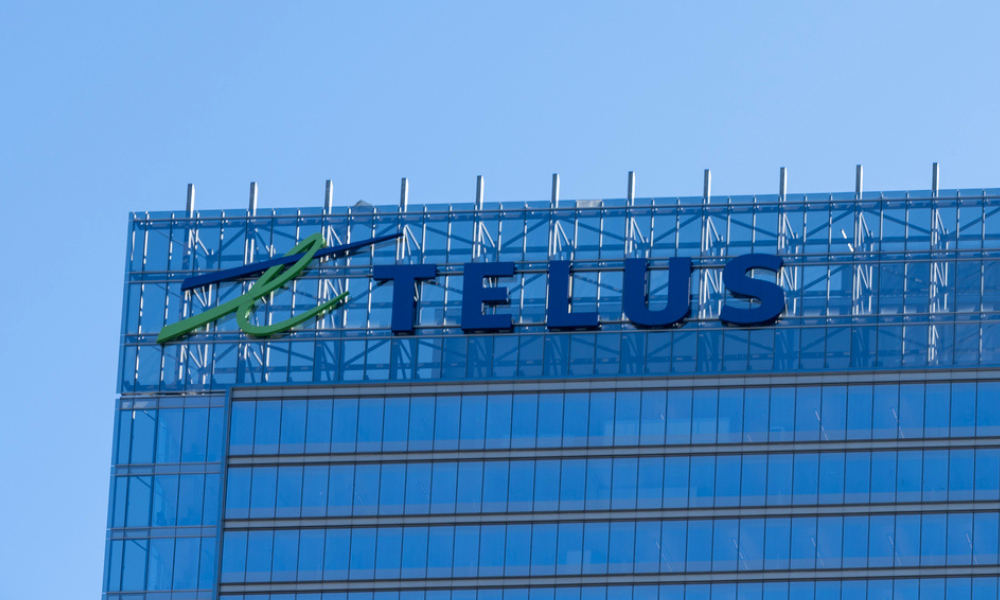Chief mental health officer at TELUS Health offers insights into why anxiety levels are rising and why it’s so challenging for plan sponsors to address it

It isn’t news that we’re in a global mental health crisis. Since the onset of the COVID-19 pandemic, mental health around the world has deteriorated to some of the worst levels we’ve ever seen. According to tracking data from TELUS Health, reports of poor mental health have started to slowly decline post-pandemic. Nevertheless, we still see rates of depression, PTSD, substance use, and anxiety at far higher levels than they were in 2019.
While each symptom of the mental health crisis is connected to the other, many organizations are targeting specific areas of acute need. TELUS Health recently announced a collaboration with Anxiety Canada designed to help address rising anxiety in Canada. Dr. Matthew Chow, psychiatrist and Chief Mental Health Officer at TELUS Health, sat down with BPM to explain why anxiety levels are rising, what strategies exist to address it, and why anxiety is such a challenging mental health condition to notice and address.
“Anxiety is absolutely treatable and something that we can help people with, but what makes anxiety a bit trickier is how under the radar it can sometimes be,” Chow says. “There are a lot of people walking around right now, going to work, spending time with their families, and participating in their communities, who all have anxiety. People can get through the day and get through life with anxiety and nobody around them might know. A lot of people are walking around and functioning with anxiety but functioning sub-optimally. This burden of anxiety is kind of a hidden issue.”
Chow says that the same stigmas that surround other mental health issues can be found for anxiety too. However, even patients who are addressing their depression or PTSD may bring up their anxiety worried they’ll waste his time with a ‘small issue.’ Chow immediately drives home that anxiety is not a small issue. Once that misconception is addressed, he says it’s remarkable how grateful patients can be that their anxiety was addressed as a non-trivial issue.
Many individuals with anxiety will even say that their anxiety gives them an ‘edge’ in the workplace. They will claim to be more diligent, more focused, and higher performing because of their anxiety. When patients tell him that, Chow will emphasize the difference between healthy stress and anxiety. Where one results in taking your job seriously, feeling some butterflies before a presentation, and striving for perfection, the other means losing whole nights of sleep, vomiting before a presentation, or using substances to cope with stress. Chow says it’s easy for healthy stress to slip over into anxiety, so vigilance is key to treatment and management.
Treatable as anxiety is, Chow outlines why anxiety levels are still so high. He says that many factors have created a ‘perfect storm’ for anxiety today. Those include the lingering impacts of the pandemic. The state of global conflict and uncertainty that weighs on us with every bleak news headline. The rising impact of climate change and climate-related disasters are playing a role. As is the rise of incivility in our personal and online discourse. On top of all of that is an existential and financial angst in the economy as employees try to manage the skyrocketing cost of living while under the looming threat of being replaced by an AI.
Despite the myriad global, personal, and national sources of anxiety, Chow still believes that employers and plan sponsors can help their members and employees manage anxiety. The first and most important thing that can be done is to talk about it. As more organizations talk about mental health issues like anxiety, especially when senior leaders talk about them, employees and members feel more encouraged to reach out for help.
Chow also recommends examining your benefits programs to ensure they are up to the standards of the modern era. That means ensuring there is a flexible benefits program that allows access to features like an employee assistance program (EAP) via text, phone, in-person, or digitally. Flexibility is a key to modern benefits plan provision, in Chow’s view. Fundamentally, he thinks plan sponsors and employers need to take a proactive and positive mindset when approaching anxiety. Just because it stems from so many global issues, doesn’t mean that plan sponsors should think they can’t do anything about it.
“Organizations need to know that there are so many things they can do right now, to help their employees and help each other,” Chow says. “No matter what's going on in society or around the world, they should not lose hope or lose sight of the fact that they can make a difference within their organizations. I'm also glad to see the increased investment in publicly funded mental health services that government's making. Right now, I think with that combination of employers and organizations, with organizations like TELUS Health and the public sector, we can absolutely help every person that that has anxiety to overcome it.”



